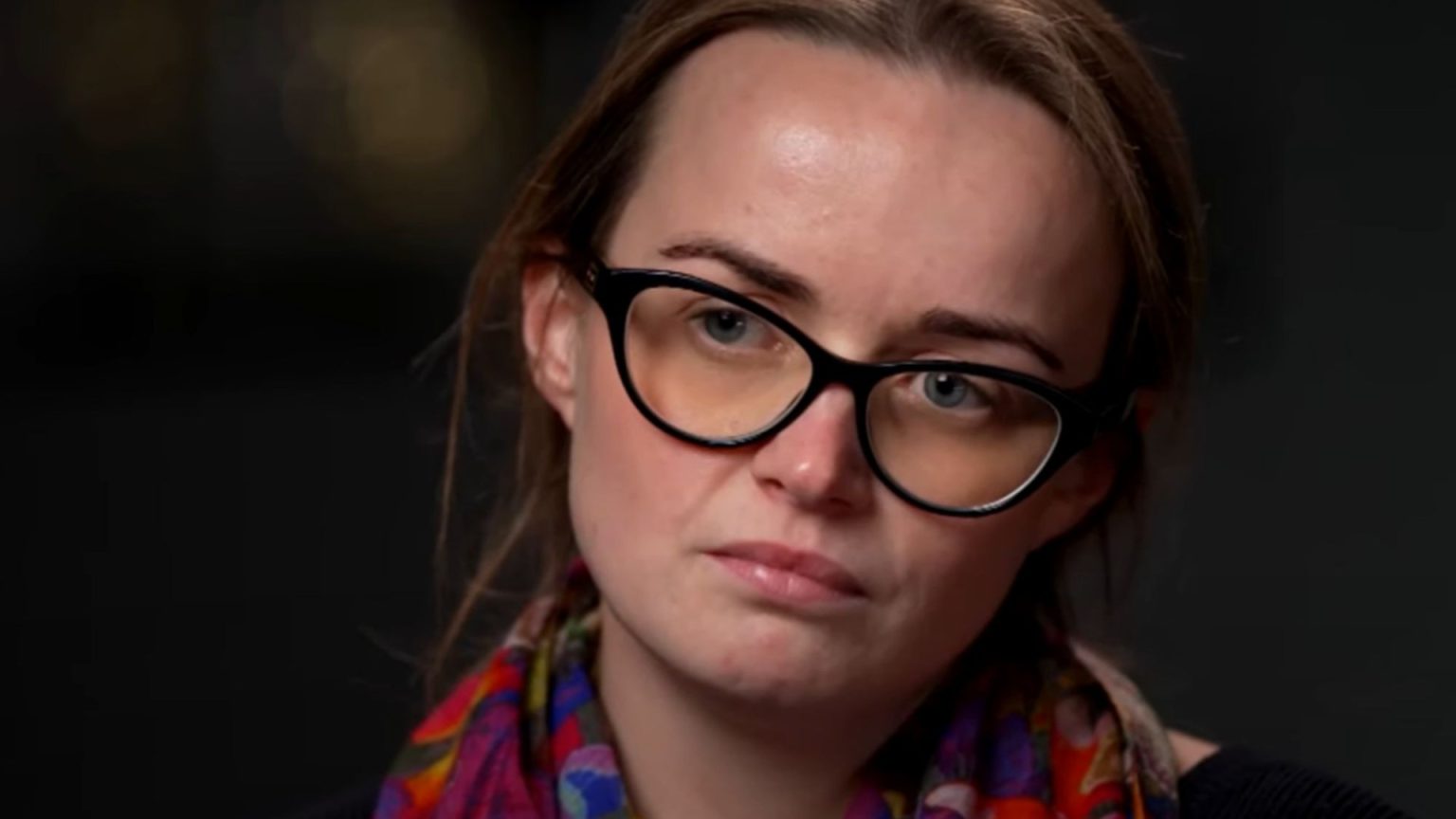Bethany Clarke and her friend Simone White embarked on a backpacking adventure in Laos, eager to explore the Southeast Asian country. Their trip took a tragic turn at the Nana Backpackers Hostel in Vang Vieng, a popular tourist destination. While enjoying an evening with friends, they were offered complimentary shots which unknowingly contained methanol, a highly toxic form of alcohol. Both Bethany and Simone consumed six shots, unaware of the hidden danger. Initially, they woke up feeling sluggish and mildly unwell, a deceptive calm before the methanol’s devastating effects took hold.
As the day progressed, both women experienced a rapid decline in their condition. Bethany described a feeling of paralysis, a difficulty in movement beyond the normal fatigue one might expect. Nausea, extreme tiredness, and even fainting spells ensued. Fellow travelers, recognizing the seriousness of their symptoms, rushed them to a local hospital. While Bethany’s condition remained severe, Simone’s deteriorated drastically. She began experiencing seizures and lost the ability to breathe on her own. Doctors determined that Simone required brain surgery, prompting a heart-wrenching 2 am call to her mother, Sue, in the UK.
Sue White endured the unimaginable agony of traveling to Laos to be with her dying daughter. Due to religious beliefs, the doctors refused to remove Simone from life support but offered Sue the agonizing choice to do it herself. In a traumatic and deeply personal moment, Sue had to disconnect her daughter from life support, a scene etched forever in her memory. Simone’s inquest later confirmed the cause of death as methanol toxicity and an intracranial hemorrhage. While Bethany ultimately made a full recovery, the emotional scars of losing her friend under such horrific circumstances remain.
The tragedy at the Nana Backpackers Hostel claimed six lives in total, highlighting the dangers of unregulated alcohol consumption. Along with Simone, the victims included two Danish friends, Anne-Sofie Orkild Coyman and Freja Vennervald, and two Australian friends, Bianca Jones and Holly Bowles. Reports emerged suggesting a delayed response by hostel staff, with claims that they initially resisted calling an ambulance and provided inadequate care. Eight employees were subsequently arrested but later released without charges being filed.
Methanol, a cheap and readily available alcohol, poses a significant threat when mixed with or mistaken for ethanol, the type of alcohol typically found in alcoholic beverages. Its toxicity stems from its metabolic byproduct, formic acid, which disrupts cellular respiration and can lead to organ failure, blindness, and death. Even small amounts of methanol can be lethal, with as little as 4ml having the potential to cause blindness. Symptoms of methanol poisoning often mimic those of ordinary intoxication, making it difficult to diagnose in the early stages.
The tragedy underscored the need for stricter regulations and greater awareness of the dangers of methanol contamination in alcoholic beverages, particularly in tourist destinations where unregulated alcohol production and distribution might be more prevalent. For Bethany, the experience became a catalyst for raising awareness about the risks of methanol poisoning. While grappling with the trauma of her own near-death experience and the loss of her friend, she committed to sharing her story to prevent similar tragedies from occurring. The incident serves as a sobering reminder of the importance of responsible alcohol consumption and the need for vigilance when consuming alcoholic beverages, especially in unfamiliar environments.


